Water Insecurity Among Urban Poor
The book empirically and theoretically argues that access to services such as water is the subject of political negotiations, mediated through identity, urban infrastructure, and the differentiation of urban spaces. The involvement of the public water delivery system has created a highly fragmented water-supply system and the troubled records of the private water vendors indicate tot he fact that both public and private water delivery systems encounter significant 'governance failures in attempting to extend urban water supply to the low income households especially in the slum areas. For the urban poor, the scarcity of potable water is a daily hardship which is accentuated in a heterogeneous society where crisis leads to marginalization, deprivations and conflicts. To achieve sage and adequate water for all, critical examination, reform or even replacement of the existing models is necessary to correctly respond to the failure of both conventional govenment and private sector models to satisfactorily provide water for all.
Contents: Preface. 1. Urban water management and access to water. 2. Urbanization and slums in Delhi. 3. Evolution of water supply infrastructure in Delhi. 4. Piped water supply in slum and non-slum households. 5. Accessing water from different sources. 6. Water ATMs: smart technology for water access. 7. Water markets and water vendors. 8. Everyday struggle to access water: caste class and gender. 9. Coping strategic and adaptive responses to water insecurity. 10. Policy implications and future directions. References. Appendices.
Get it now and save 10%
BECOME A MEMBER

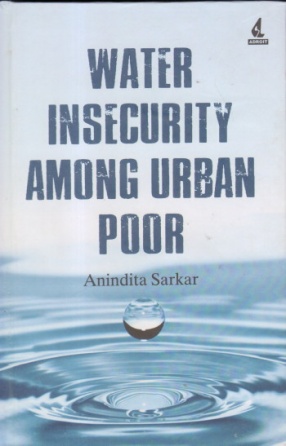
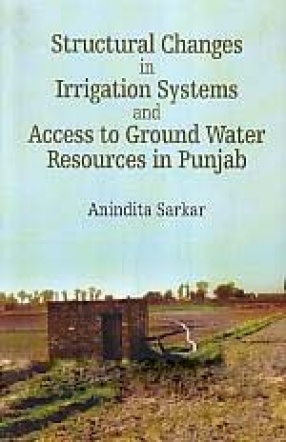
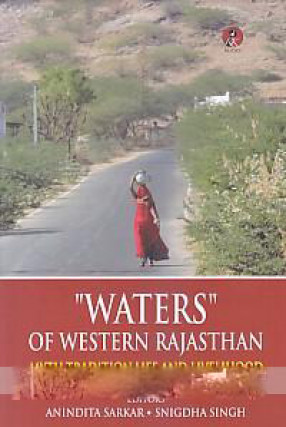

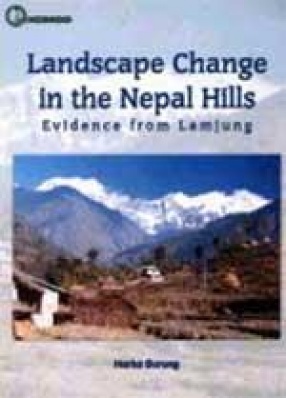
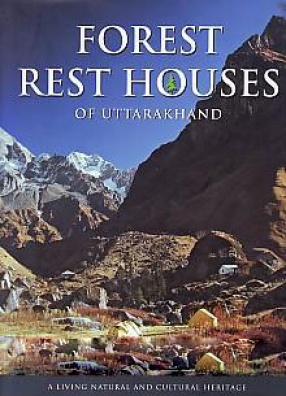


Bibliographic information